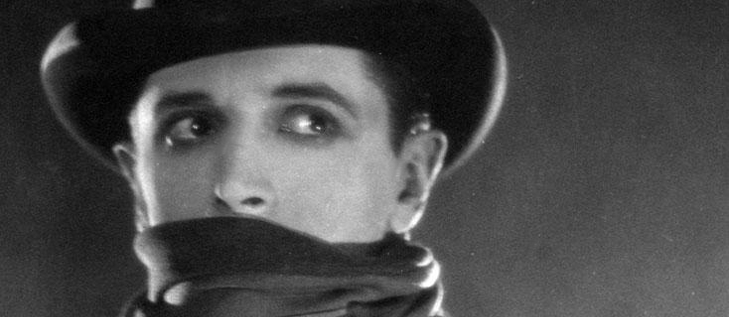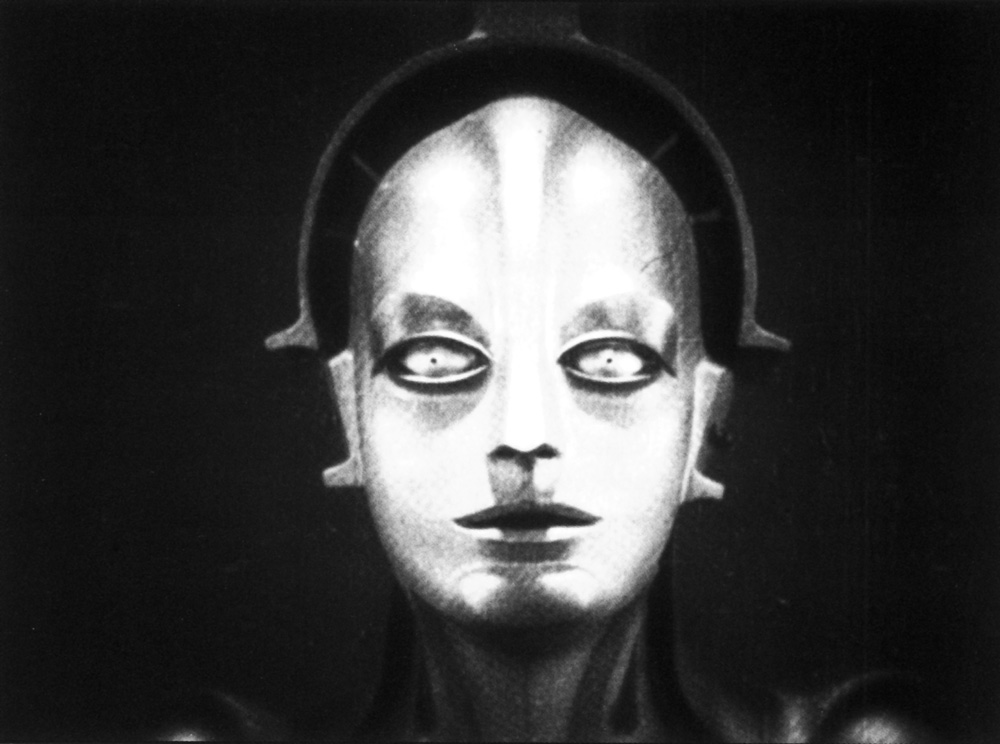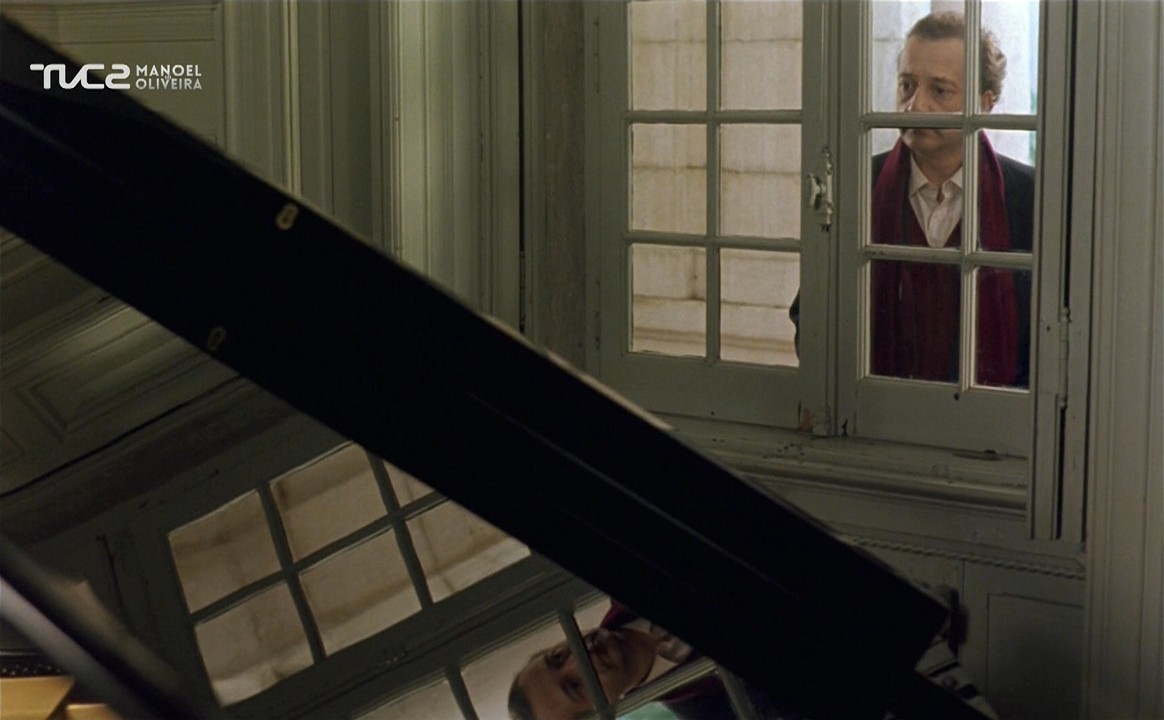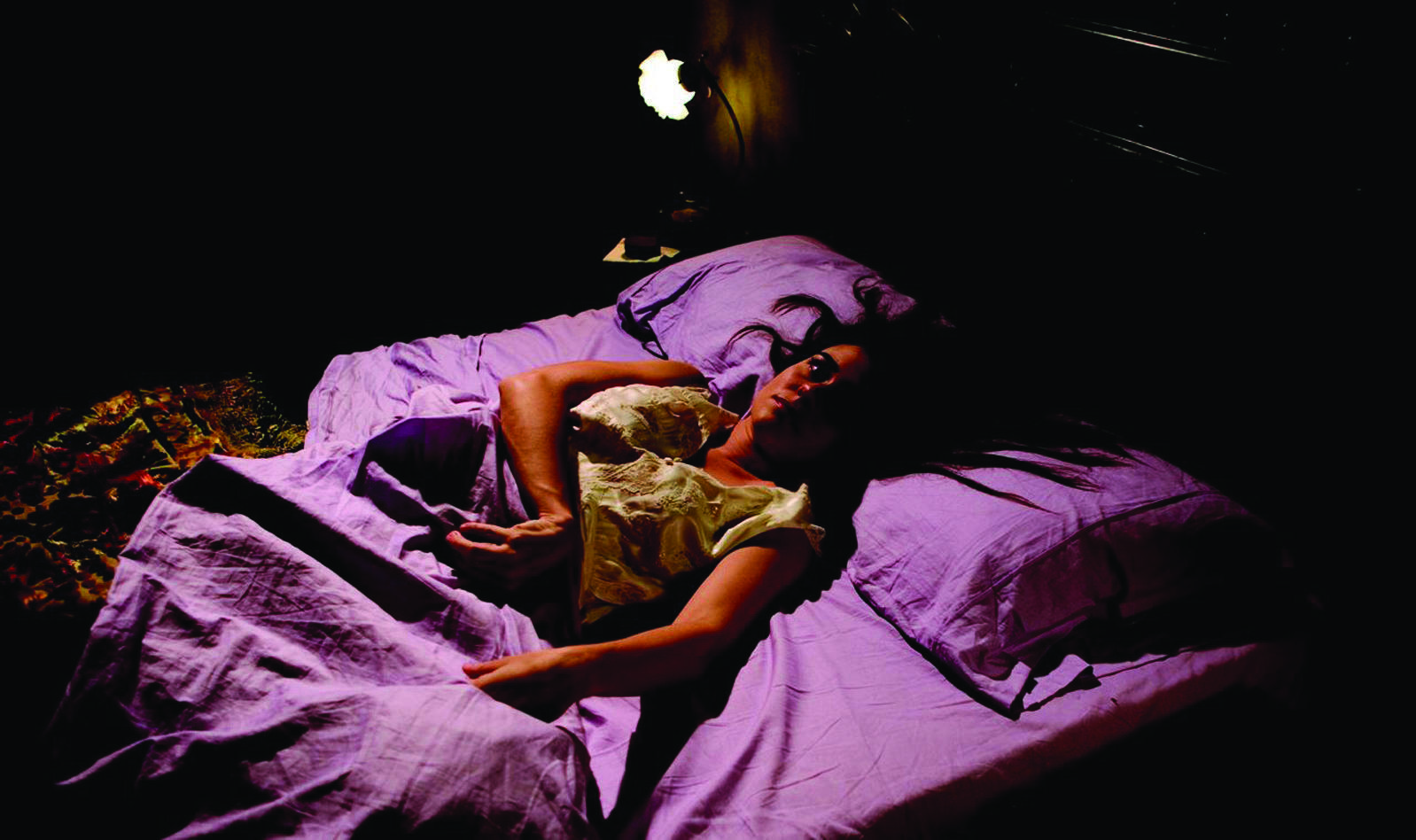After watching
Sunrise, I decided to check out a few of F.W. Murnau's other silent films:
The Last Laugh (1924) - 8/10 (Loved it)
An aging hotel doorman loses his job and, with it, his sense of self worth. This film is notable because it uses no printed intertitles except for setting up the epilogue. Just about all of the story is told through the camera and the body language of the actors. There isn't a single line of dialogue. I really appreciated the artistic aspect of that, since intertitles can be jarring and feel lazy by stating plainly what might've been communicated silently through acting, instead. This led to me being a little confused about details here and there, but, for the most part, the story is pretty clear. Here's a man who loves his job and the prestige that he feels that its fancy uniform gives him, so he's devastated when the new manager thinks that he's getting too old and re-assigns (demotes) him. It helps to understand that, in German culture in the early 20th century, a uniform was a sign of status and commanded respect (which also helps explain the rise of the Nazis). Even if that's a bit hard to relate to nowadays, the notion of a person, especially an older person, working at one place for a long time and taking it really hard when it comes to an end is timeless. Emil Jannings is terrific as the protagonist and he and Murnau really do a great job of helping us to sympathize with the character, especially considering that there's no dialogue. There are lighthearted moments, but, for the most part, the story is sad (not what you'd expect from the title) and realistic, so much that Murnau felt that he needed to tack on an improbable happy ending, which didn't really work for me, but at least felt good. Also, there are a few shots in this that were quite impressive for the time, such as the camera riding down an elevator, looking out of the glass door as the lobby floor approaches. Anyways, it seems to me to be quite an accomplishment for a film with no dialogue and almost no narration, not to mention such a mundane plot, to be as accessible as it is, which is likely one reason that it's a classic.
********
Faust (1926) - 7/10 (Really liked it)
An elderly alchemist makes a pact with the Devil to spare his town from a plague. With a bigger budget, Murnau really outdoes himself. This has some impressive visuals and special effects, such as one in which the Devil towers over the town and a "carpet ride" of sorts that flies over a miniature model of the landscape. The look is very dark and grim, befitting the folk legend. It was a little hard to follow at times, but that's probably only because I wasn't completely familiar with the legend. Germans at the time surely didn't have that problem. The acting is pretty good, but didn't stand out to me. This is mostly a film remembered for its superb atmosphere and technical achievements and it's those aspects that I appreciated more than the story and acting.
********
Tabu: A Story of the South Seas (1931) - 6/10 (Liked it)
An island girl chosen to be her people's virgin maiden flees with her lover and is pursued. Though this isn't considered a classic like the previous two, I watched it because it's Murnau's last film (he died a week before its premiere from injuries sustained in an automobile accident), it has an exotic setting and it won the Academy Award for Best Cinematography. It was filmed entirely in Tahiti and uses island natives for the characters, which both add a great deal of authenticity. In fact, it sometimes looks more like a documentary or travelogue than a film. It's very different from most of Murnau's films, which rely heavily on imagery, special effects and camera tricks. The images here are only those of nature and island life, like playing around waterfalls, dancing on the sand and riding canoes, which makes it all seem quite idyllic and quaint. Unfortunately, the plot is pretty thin (though there's some charm in its simplicity), we don't get to know the two lovers (who never speak to each other, perhaps a case where a few intertitles might've helped) and the ending is abrupt and unsatisfying. It's a pleasant film, but not a classic.




 .
.





